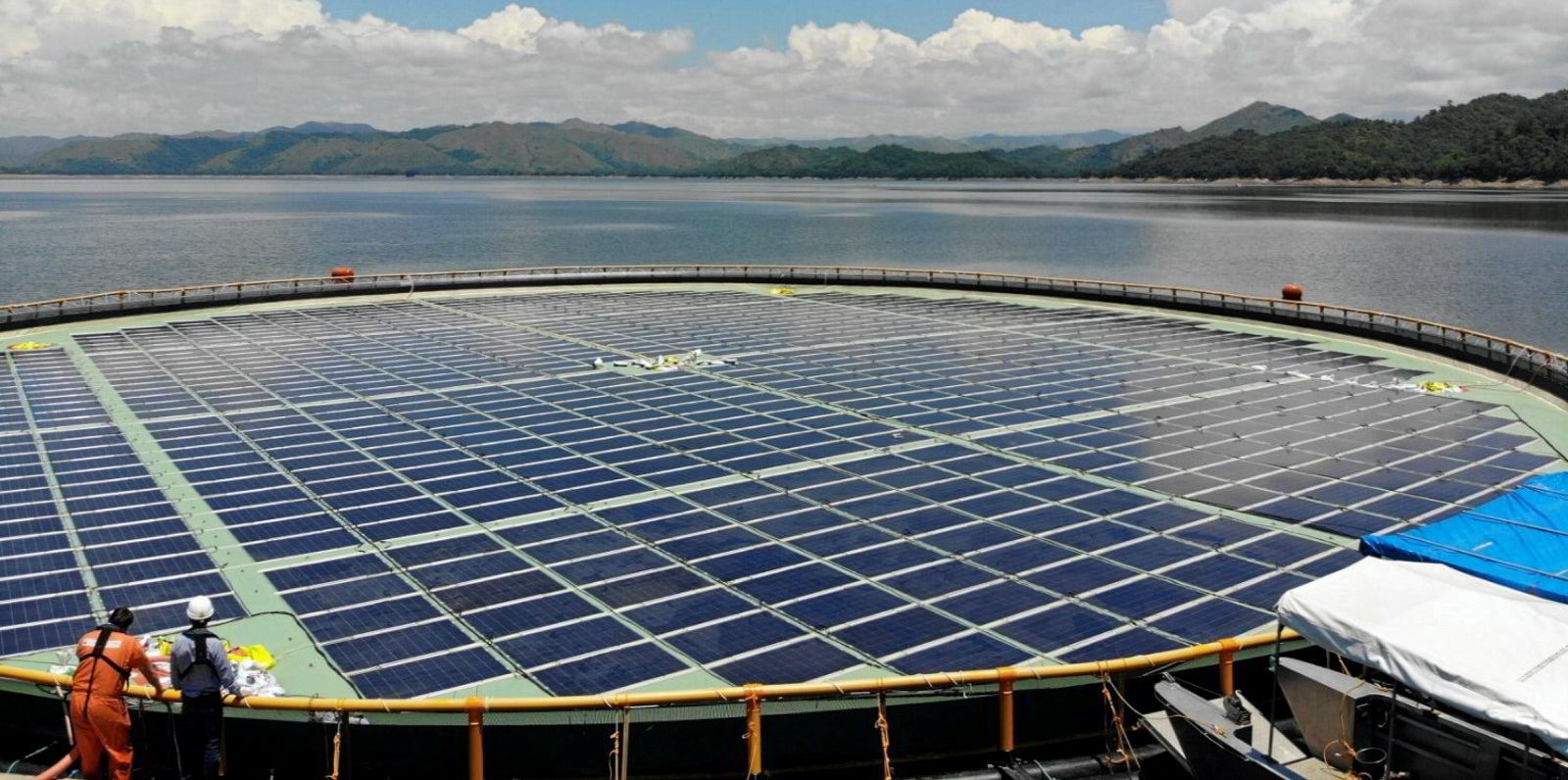
New capacity for generating electricity from renewables such as solar, wind, and other clean energy increased to a record level worldwide in 2021. And clean energy will continue to grow in 2022, according to the Paris-based International Energy Agency (IEA).
Renewables in 2022
The world added a record 295 gigawatts (GW) of new renewable power capacity in 2021, overcoming supply chain challenges, construction delays, and high raw material prices, according to the IEA’s latest Renewable Energy Market Update.
Global capacity additions are expected to rise 25 GW this year to 320 GW. That’s the equivalent of meeting the entire electricity demand of Germany, or matching the EU’s total electricity generation from natural gas.
Solar is on track to account for 60% of global renewable power growth in 2022, followed by wind and hydropower.
In the European Union, annual additions jumped by almost 30% to 36 gigawatts in 2021. Europe’s renewable capacity is set to grow more in 2022 and 2023, as Brussels aims to launch a “European Solar Rooftops Initiative” to help cut gas-fueled power and heating in domestic and commercial buildings and move away from Russian fossil fuels, according to a draft seen by Reuters, which is expected to be published next week.
Euronews explains how the initiative would work:
The scheme would require the EU and national governments to take action this year to limit permitting times to three months for rooftop installations.
It would push countries to use EU funding and launch support programs for rooftop panels, and install solar energy in all suitable public buildings by 2025.
The IEA points out that fast renewable growth is being boosted by strong policy support in China, the European Union, and Latin America. But as for the US, it explains:
The US outlook is clouded by uncertainty over new incentives for wind and solar and by trade actions against solar PV imports from China and Southeast Asia.
Read more: Here’s how a new US protectionist move is backfiring badly on the US solar industry
IEA executive director Fatih Birol said:
Cutting red tape, accelerating permitting, and providing the right incentives for faster deployment of renewables are some of the most important actions governments can take to address today’s energy security and market challenges, while keeping alive the possibility of reaching our international climate goals.
However, 2023 could see a plateau in renewable power capacity due to a 40% decline in hydropower expansion and little change in wind power additions, so new and stronger policies are needed globally to keep up the momentum.
As for supply chain problems due to the pandemic and Russia’s invasion of Ukraine, renewables are still competitive, because prices for fossil fuels have risen much faster.
UnderstandSolar is a free service that links you to top-rated solar installers in your region for personalized solar estimates. Tesla now offers price matching, so it’s important to shop for the best quotes. Click here to learn more and get your quotes. — *ad.
FTC: We use income earning auto affiliate links. More.






Comments